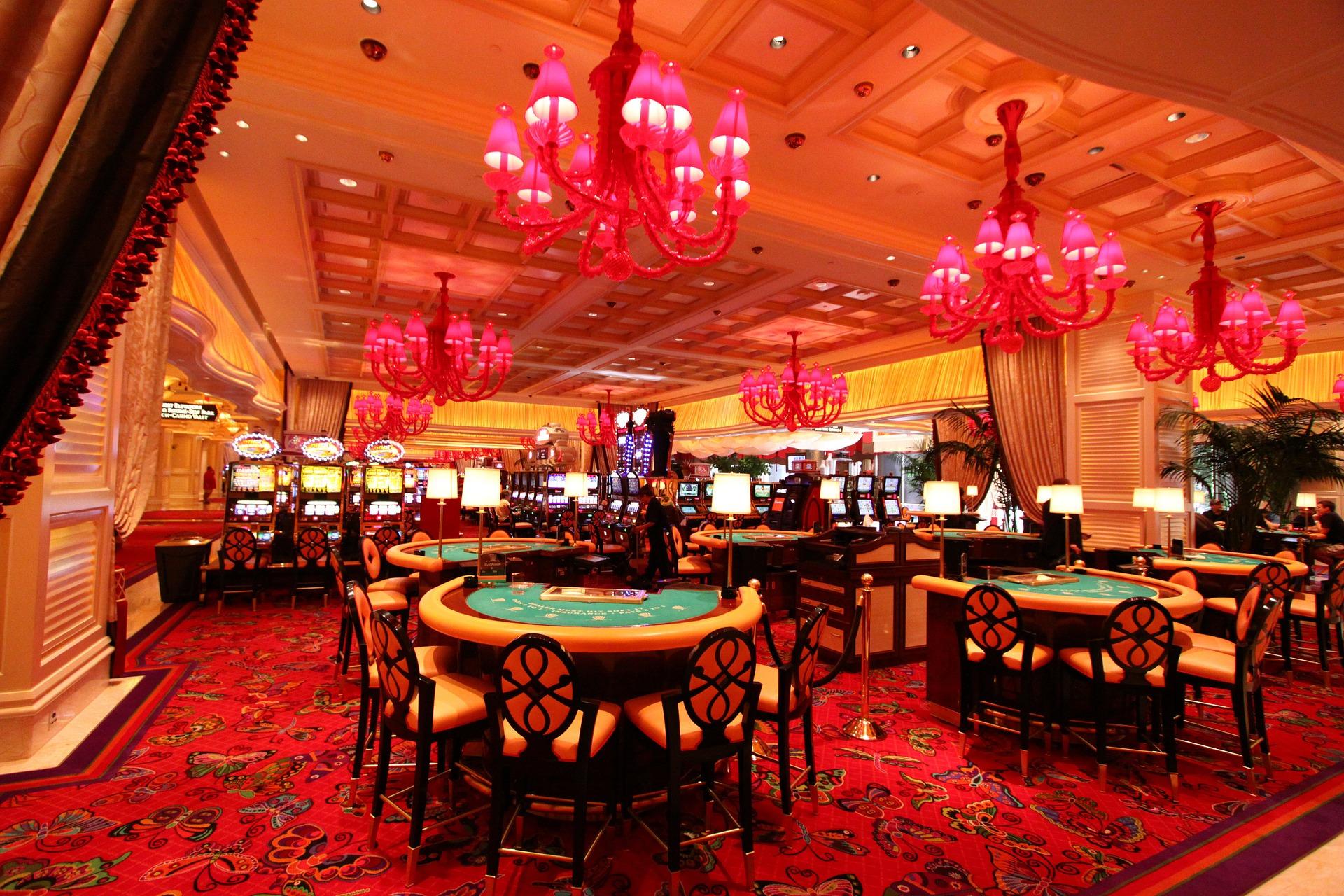
Casino entertainment have long been a significant aspect of human culture, providing not just entertainment but a fascinating reflection of our aspirations, wishes, and anxieties. From the spinning reels of a slot machine to the strategic gameplay of poker, these games encapsulate a spectrum of human sentiments and events. At their core, casino games are more than a chance to win money; they are a snapshot of life itself, where risk versus reward merge and fortunes can change in an instant.
As players convene around tables or sit in front of vibrantly illuminated machines, they engage in a ceremony that transcends mere gambling. These games echo our instinctive desires for connection, thrill, and the search for fortune. They also unveil deeper truths about human nature, such as our relationship with fate and the excitement of uncertainty. In exploring casino games, we discover not only the mechanics of play but also the intricate pattern of the human journey, showcasing our woven narratives of hope and reality.
The Psychology of Gambling
Gambling is intrinsically connected in human psychology, tapping into various feelings and desires. The excitement of taking risks is a core aspect that draws players in, whether the excitement of spinning a roulette wheel or the excitement of drawing a winning hand in a poker game. This rush of adrenaline is frequently likened to other forms of excitement, as the unpredictability of outcomes elicits a distinct psychological response. Players often find themselves captivated by the possibility of winning big, leading to an almost magnetic draw toward casino games. kuwin789
Another, a crucial component of the psychology behind gambling is the concept of hope and aspiration. Participants often nourish fantasies of financial freedom and the opulent lifestyle that can follow winning. This optimism fuels their ongoing participation in gambling, as it provides a sense of purpose and the belief that a life-changing win could be just one wager away. The story of overcoming odds and finding success resonates with many, strengthening their commitment to play and involve themselves with these games.
Finally, social aspects play a significant role in gambling psychology. Casino environments are designed to promote social interaction, where gamblers gather to share the journey of wins and losses. This shared aspect not only amplifies enjoyment but also affects behavior, as individuals often mimic the actions of others around them. The social validation found in mutual thrill can enhance the emotional experience, making casino games a reflection of not just personal desires but also shared involvement within the gaming community.
## The Dual Nature of Risk and Reward
Casino games embody the delicate balance between risk and gain that resonates profoundly with human psychology. The rush of placing a bet is often accompanied by a surge of excitement, as participants are confronted with the prospect of winning big, yet fully aware of the possibility to lose. This bipartisan experience reflects a essential aspect of life: the paths we choose often come with inherent risks, and the quest for benefit can compel us to make risky moves we might not otherwise consider. In this way, casino games reflect real-world choices, enticing gamblers to risk not just their capital, but also their dreams.
The allure of jackpot prizes and winnings fuels a sense of optimism, encouraging players to envision a better future that could arise from a single victorious spin of the roulette or dealing of a hand. This positive outlook can compel individuals to engage in more daring actions, pushing them to push their boundaries in search of financial gain. However, just as in life, the outcomes of these decisions can lead to both triumph and loss. The narratives of both jackpot winners and those who have lost everything at the casino demonstrate the chaotic nature of luck and its significant impact on our futures.
Ultimately, the interaction of engaging with gambling activities serves as a strong reminder of the human condition. Every round played is imbued with the tension of risk, as players weigh the rewards against the risks. This dynamic not only highlights the thrill that comes with gambling but also reveals the vulnerabilities that come with the urge for more. As we navigate the challenges of decision-making and results in both the casino and in life, we find that the quest for gain shapes our identities and lives in profound ways.
Culture and Isolation in Gambling Culture
Gambling culture is a unique mix of social engagement and individual pursuit, reflecting the tensions of individual experience. Players often gather around tables, experiencing in the excitement of the action, rejoicing in wins, and commiserating over losses. This social aspect is vital, as it establishes a sense of community and bonding among varied groups of people. Regular visitors to casinos may form friendships and develop routines, turning the casino into a alternative home where they feel connected to a greater community of gamblers.
However, the appeal of casino games can also result to loneliness. As players become immersed in the thrill of playing, they may isolate from personal connections or fail to interact with the environment outside the casino. For some, the search of a jackpot can distract from genuine relationships, leading to loneliness. The experience of being surrounded people yet feeling solitary is not rare, as the focus shifts from collective fun to the individual stakes of each individual’s path.
This interaction of society and solitude creates a rich mosaic that defines casino atmosphere. It highlights the intricacy of human interactions, where happiness and despair coexist. Gambling venues serve as both a sanctuary for social engagement and a stage for individual challenges, demonstrating how deeply connected our yearning for connection and the personal quest for wealth can be. In navigating this environment, players confront their own stories—seeking both the thrill of the wager and the companionship of fellow players, ultimately mirroring the wider spectrum of individual experience.
